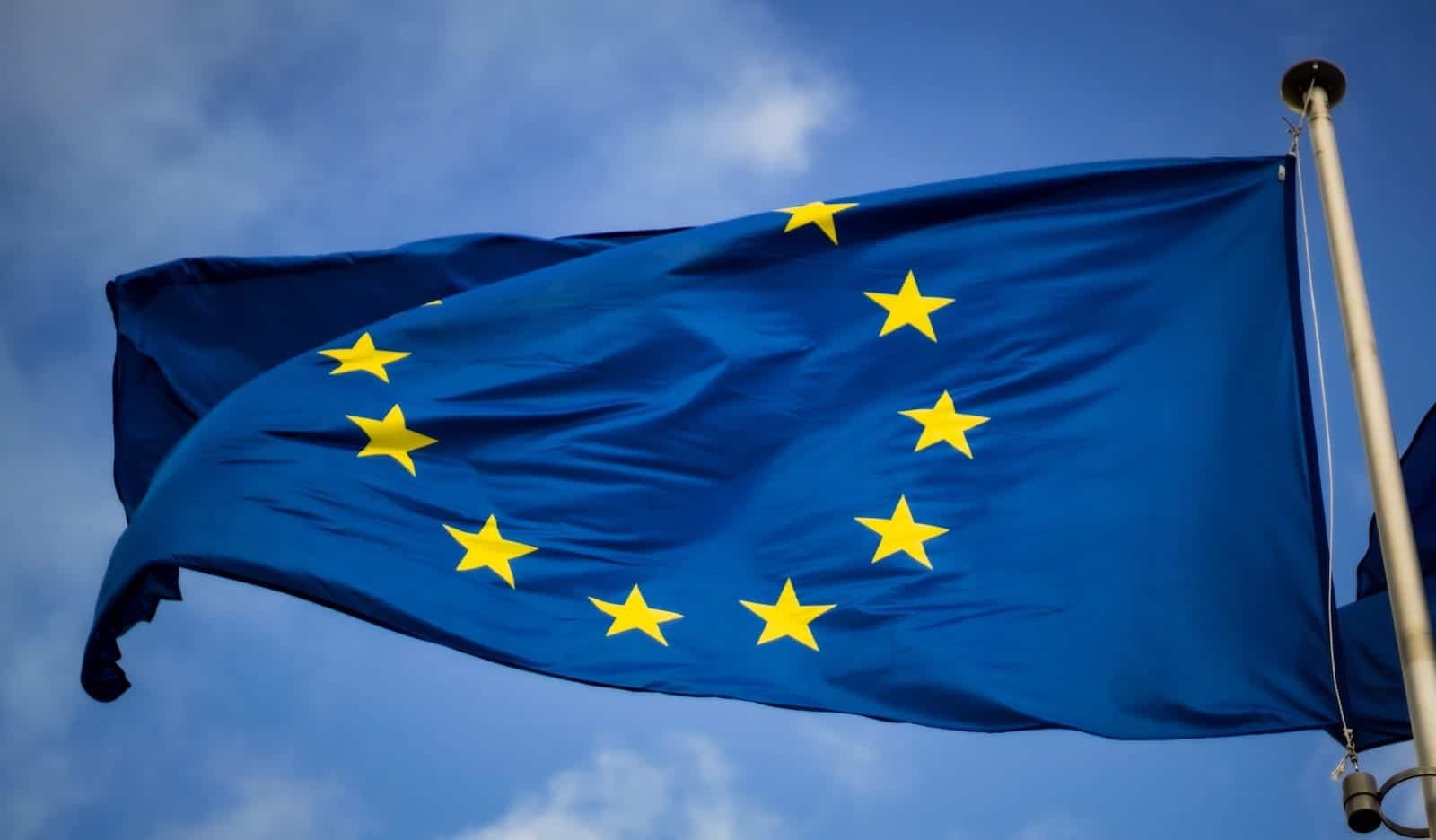The 2025 State of the Union Address (SOTEU) by Ursula von der Leyen presented a vision of Europe focused on strategic independence, technological resilience, and economic competitiveness. For professionals in the technology, energy, and finance sectors, the key points to note are:
1. Artificial Intelligence and Digital Sovereignty
- AI as a driver of European independence: announcement of a Cloud and AI Development Act and a Quantum Sandbox, alongside the creation of AI Gigafactories for training and deploying models in Europe.
- Scaleup Europe Fund: a multi-billion-euro fund to finance critical tech startups (AI, quantum, biotechnology), reducing dependence on foreign capital.
- European AI and Technology Declaration: commitment from major European tech companies to invest in digital sovereignty.
- Made in Europe Digital: promotion of a “fifth freedom” (knowledge and innovation) within the Single Market, along with a Roadmap 2028 to break down barriers in digital services, telecommunications, and capital flows.
2. Defense and Security
- Readiness 2030: a plan that could unlock up to €800 billion in defense investments.
- SAFE Programme: €150 billion for joint weapon purchases, already saturated by the demand from 19 Member States.
- Eastern Flank Watch: monitoring from the Baltic to the Black Sea, with real-time space observation capabilities.
- Drone Wall and Drone Alliance with Ukraine, featuring an advance of €6 billion from the ERA loan.
- Qualitative Military Edge: a program to strengthen Ukraine’s advanced capabilities (drones, air defense).
3. Energy and Green Transition
- Grids Package and Energy Highways: projects to modernize grids and eliminate 8 critical bottlenecks in European energy infrastructure.
- Battery Booster: €1.8 billion investment in capital to boost domestic battery production, key for electric vehicles and storage.
- Made in Europe in public procurement: demand incentives for clean, resilient technologies.
- Industrial Accelerator Act: a regulatory framework to accelerate strategic sectors (batteries, green steel, renewables).
4. Competitiveness and Economy
- Single Market Roadmap 2028: removal of barriers in energy, finance, and telecommunications, estimated to be equivalent to a 45% tariff on goods and 110% on services (according to the IMF).
- Omnibus Regulations: regulatory simplification with an estimated savings of €8 billion annually for companies.
- European Housing Plan: the first community-wide plan for affordable housing, including a review of state aid rules.
- Small Affordable Cars Initiative: promoting a clean, affordable electric vehicle manufactured in Europe to compete with China and the US.
5. Finance and Support to Ukraine
- Reparations Loan: immediate financing for Ukraine based on frozen Russian assets, with repayment only when Moscow pays reparations.
- ERA Loan: new pre-financing mechanisms for defense, linked to regional security.
6. Digital Governance and Regulation
- European Democracy Shield and Center for Democratic Resilience: enhanced monitoring capacity against disinformation.
- Open debate on restrictions on minors’ access to social networks, with a panel of experts expected to deliver proposals in 2025.
Key Implications
- For technology: Europe strengthens sovereign AI and integrates startups with European capital, aiming to reduce dependency on Silicon Valley and Asian venture capital.
- For defense: a shift toward an integrated security economy with strong cross-border industrial and military collaboration.
- For energy: top priority on independence from Russian fossil fuels and the creation of European markets for batteries and renewables.
- For economy and businesses: less bureaucracy, incentives for European electric cars, and scaling funds for technological competitiveness as leverage.
- For investors: opportunities in AI, defense, clean energy, and critical infrastructure, but within an increasingly strategic sovereignty framework.
via: European Union State of the Union Debate and Madrid News

